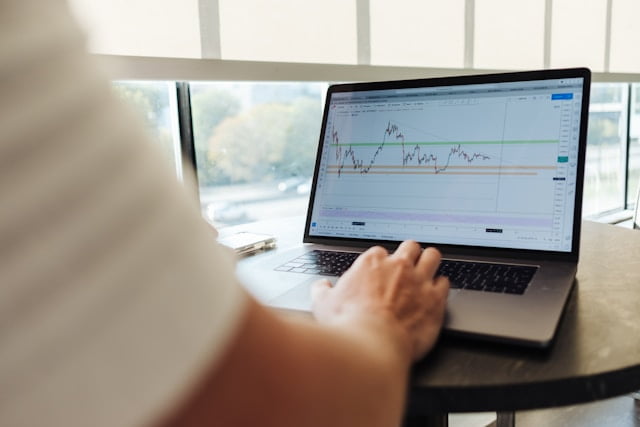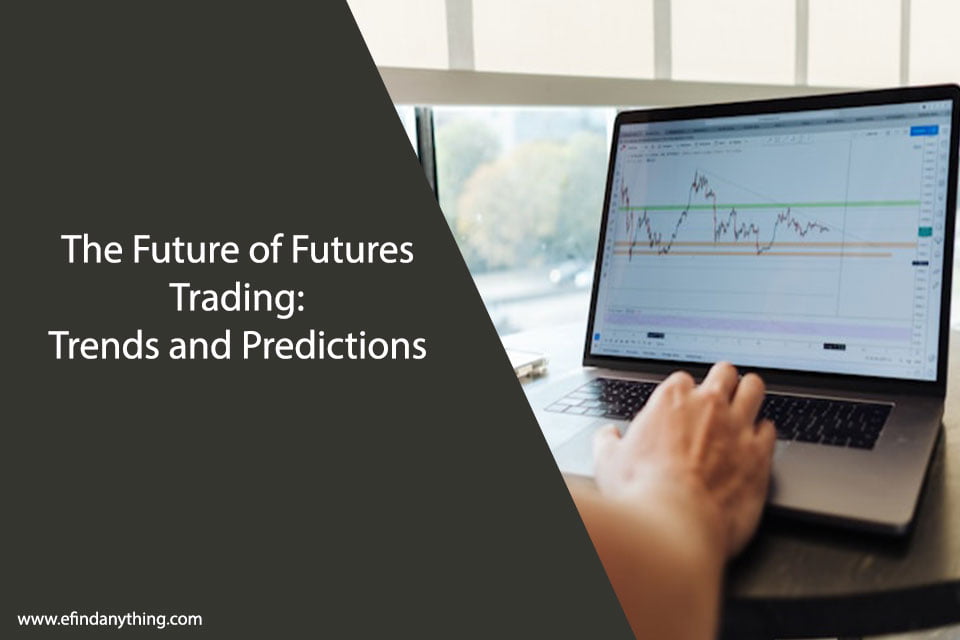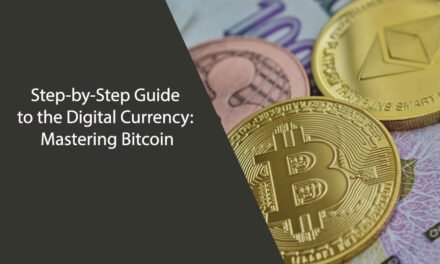
Futures trading is a vital component of financial markets, enabling participants to manage risk and speculate on price movements in various asset classes. As technology continues to revolutionize financial markets, the future of futures trading holds several intriguing trends and predictions. Additionally, if you want to know more about investments and firms, you may check at this source.
Table of Contents
Evolution of Futures Trading
Futures trading has a rich history dating back to ancient times when farmers and merchants used forward contracts to hedge against price fluctuations in agricultural commodities. The modern futures market began to take shape in the 19th century with the establishment of formal exchanges and standardized contracts.
Over the years, futures trading has evolved significantly, driven by advancements in technology, changes in regulatory frameworks, and shifts in market dynamics. The introduction of electronic trading platforms in the late 20th century revolutionized the industry, making it more accessible and efficient.
Current Trends in Futures Trading
One of the most significant trends in futures trading is the rise of algorithmic trading. This approach uses computer algorithms to execute trades at high speeds, taking advantage of small price discrepancies in the market. Algorithmic trading has become increasingly prevalent in futures markets, accounting for a significant portion of trading volume.
Another notable trend is the growing popularity of micro-futures contracts. These contracts allow retail traders to participate in futures markets with smaller capital requirements, making them accessible to a broader range of investors. Micro-futures have democratized futures trading, enabling individuals to manage risk and speculate on price movements more easily.
Additionally, there is a growing emphasis on Environmental, Social, and Governance (ESG) factors in futures trading. Investors are increasingly considering ESG criteria when making investment decisions, leading to the development of ESG-focused futures contracts. These contracts allow investors to align their trading strategies with their sustainability goals.
Predictions for the Future
Looking ahead, several trends are likely to shape the future of futures trading. One such trend is the expansion of futures trading into new asset classes, such as cryptocurrencies and non-fungible tokens (NFTs). As these asset classes gain mainstream acceptance, futures contracts based on them are likely to become more prevalent.
Another prediction is the greater integration of artificial intelligence (AI) and machine learning (ML) in trading strategies. These technologies can analyze vast amounts of data and identify trading opportunities that human traders may overlook. As AI and ML continue to advance, they are expected to play an increasingly significant role in futures trading.
Regulatory changes are also expected to impact the future of futures trading. Increased regulatory scrutiny could lead to changes in trading practices and market structures, potentially affecting the way futures markets operate. Adapting to these changes will be crucial for market participants to remain competitive.
The Role of Technology
Technology will continue to play a crucial role in the future of futures trading. Advancements in trading platforms and software will make trading more efficient and accessible to a broader range of participants. These platforms will likely offer more sophisticated tools and analytics, enabling traders to make more informed decisions.
Big data analytics and predictive modeling will also become increasingly important in futures trading. These technologies can analyze vast amounts of data, such as market trends and historical prices, to identify patterns and trends that can inform trading strategies. As data analytics tools become more advanced, they will provide traders with valuable insights into market dynamics.
Challenges and Risks
Despite the opportunities presented by futures trading, there are also challenges and risks that market participants need to be aware of. One of the primary challenges is the risk associated with high-frequency trading (HFT). HFT involves executing a large number of trades at extremely high speeds, relying on complex algorithms to identify and exploit market inefficiencies. While HFT can be profitable, it also carries the risk of sudden market downturns and increased market volatility.
Regulatory challenges are another significant risk factor in futures trading. Changes in regulatory frameworks can impact trading practices and market structures, potentially affecting the profitability of trading strategies. Market participants need to stay informed about regulatory developments and adapt their strategies accordingly.
Market volatility is also a key risk in futures trading. Futures markets are inherently volatile, and prices can fluctuate rapidly in response to changing market conditions. Traders need to be prepared for sudden price swings and have strategies in place to manage risk effectively.
Opportunities for Investors
Despite the challenges and risks, futures trading offers several opportunities for investors. One of the primary benefits of futures trading is diversification. By including futures in their investment portfolios, investors can spread risk across different asset classes and reduce the impact of market volatility on their overall portfolio.
Futures trading also offers the potential for higher returns compared to traditional investment options. Because futures contracts are leveraged instruments, traders can control a larger position with a relatively small amount of capital. This leverage can amplify returns, but it also increases the risk of losses, so traders need to manage leverage carefully.
Additionally, futures trading provides opportunities for investors to hedge against price movements in underlying assets. By taking a position in a futures contract, investors can protect themselves against adverse price movements in the cash market, reducing their overall risk exposure.
Conclusion
In conclusion, the future of futures trading is likely to be shaped by a combination of technological advancements, regulatory changes, and market dynamics. As technology continues to evolve, traders will have access to more sophisticated tools and analytics, enabling them to make more informed trading decisions. However, they will also need to navigate regulatory challenges and manage risks associated with market volatility and high-frequency trading.





